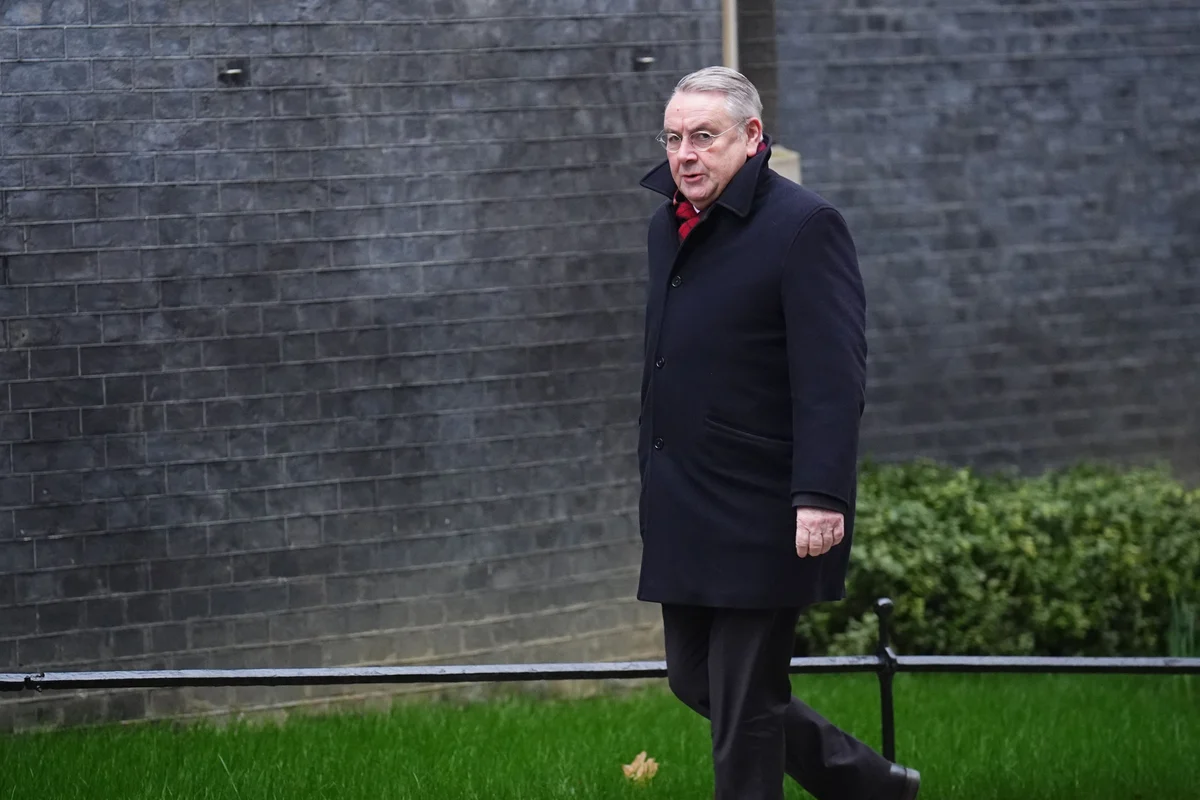
By the time the last notes of “Pomp and Circumstance” have finished echoing, the ideal Massachusetts high school graduate should be a problem-solver who’s adept at collaboration and prepared for the challenges to come.
Or at least that’s how the Healey administration sees things. And that should happen no matter who they are, where they live, or what path they choose to follow once they pick up their diploma.
On Wednesday, the Democratic administration released its vision for the ideal Bay State high school graduate, unveiling what it describes as an “aspirational outline” for every student.
The six bullet points are the endpoint of work by the state’s Statewide K-12 Graduation Council, a panel whose work was informed by thousands of survey responses and eight statewide listening sessions, Gov. Maura Healey’s office said in a statement.
“Massachusetts has always led the way in education, and this Vision of a Graduate builds on that legacy,” the Democratic governor said.
“We all need to work together to make sure our young people are prepared not only with strong academic skills but also with the problem-solving, collaboration and leadership abilities they’ll need to succeed in every aspect of life,” Healey continues.
The outline comes after voters opted to scrap the MCAS examination as a high school graduation requirement, leaving it to individual school districts to draw up their own requirements.
Under the plan Healey’s office rolled out on Wednesday, graduates will be:
Thinkers
Academically Prepared: Graduates have a strong foundation across academic disciplines, equipping them with both the knowledge to thrive in college, career, and civic life and the skills to be lifelong learners.
Critical Problem-Solvers: Graduates critically examine information to draw connections, question assumptions, infer meaning, and shape solutions.
Contributors
Self-Aware Navigators: Graduates understand themselves, their strengths, and their opportunities and can effectively leverage their unique skills to navigate a variety of paths and environments.
Intentional Collaborators: Graduates engage respectfully and productively with diverse individuals and groups, recognizing the value of their unique perspectives, identities and experiences as well as those of others.
Leaders
Effective Communicators: Graduates confidently and clearly express their ideas to diverse audiences across a variety of mediums.
Responsible Decision-Makers: Graduates can set and pursue personal goals, make healthy and financially sustainable choices, and demonstrate confidence and competence in shaping their lives.
“Through the important work of this council and the contributions of school districts and other stakeholders, we have defined key competencies high school graduates need,” state Elementary and Secondary Education Commissioner Pedro Martinez said.
“There is a shared understanding that students should graduate with the skills needed to make decisions responsibly, contribute meaningfully to civic life and be prepared for postsecondary education,” Martinez, who co-chaired the graduation council, continued.
In a statement, the heads of the Massachusetts Teachers Association, the state’s largest teachers union, said the new standards “[emphasize the] core skills and attributes that are essential to the success of our young people as citizens, workers and lifelong learners.”
“Educators and voters have made clear that such essential skills cannot be assessed by a standardized test,” the union’s president and vice president, Max Page and Deb McCarthy, continued.



